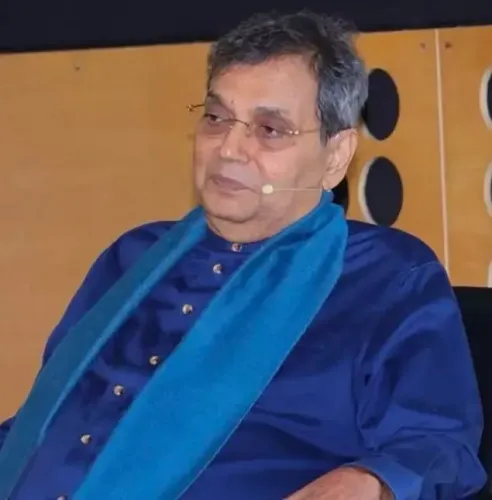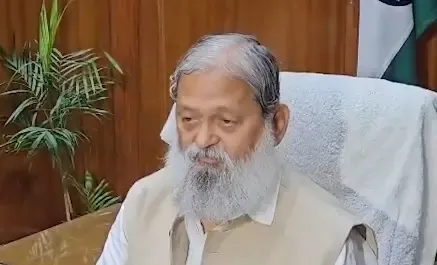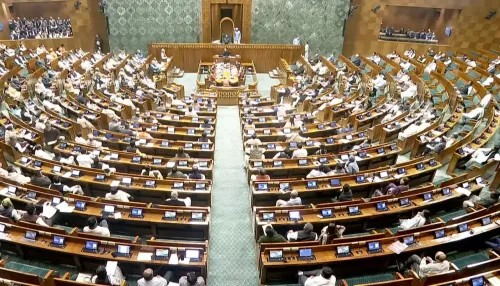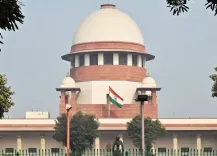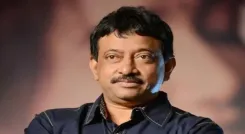Why Did the ECI Receive No Complaints from Political Parties?
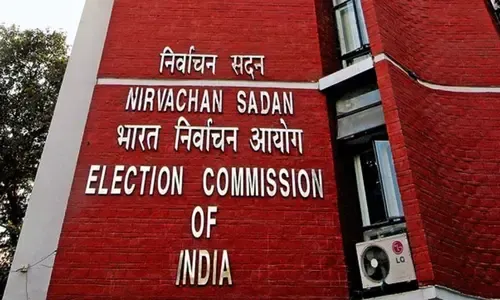
Synopsis
Key Takeaways
- Zero formal complaints reported by political parties.
- 28,370 applications filed by individual voters.
- Political parties appointed 1,60,813 Booth Level Agents.
- No names can be deleted from draft rolls without a formal order.
- First-time voters play a significant role with 1,03,703 applications.
New Delhi, Aug 15 (NationPress) Despite ongoing criticism from Opposition parties regarding the current Special Intensive Revision (SIR) of electoral rolls in Bihar, the Election Commission of India (ECI) has revealed that it has not received any formal complaints from political parties concerning claims and objections to the draft rolls.
In stark contrast, the ECI noted that individual voters have submitted 28,370 applications for inclusion or exclusion.
According to the ECI’s daily bulletin dated August 15, which covers the timeframe from August 1 (3 p.m.) to August 15 (9 a.m.), political parties have appointed 1,60,813 Booth Level Agents (BLAs). This includes 53,338 from the Bharatiya Janata Party, 47,506 from the Rashtriya Janata Dal, 36,550 from the Janata Dal (United), and 17,549 from the Indian National Congress, among others.
While no political party, even those in Opposition, has submitted claims or objections, individual voters have filed 28,370 requests. Out of these, 857 have already been resolved following the mandatory verification period.
The Commission has also received 1,03,703 applications from first-time voters aged 18 and above, including six processed through BLAs.
The ECI emphasized that claims and objections are reviewed by the respective Electoral Registration Officers (EROs) or Assistant Electoral Registration Officers (AEROs) only after a seven-day verification period. Importantly, no name can be removed from the draft rolls published on August 1 without a formal “speaking order” issued after thorough inquiry and providing the concerned individual an opportunity to be heard.
The lack of formal party complaints sharply contrasts the ongoing public accusations by Opposition leaders alleging bias and procedural irregularities in managing voter rolls. The data suggest that although parties are actively participating in the revision process through their BLAs, they have not formally challenged the integrity of the process before the ECI.


